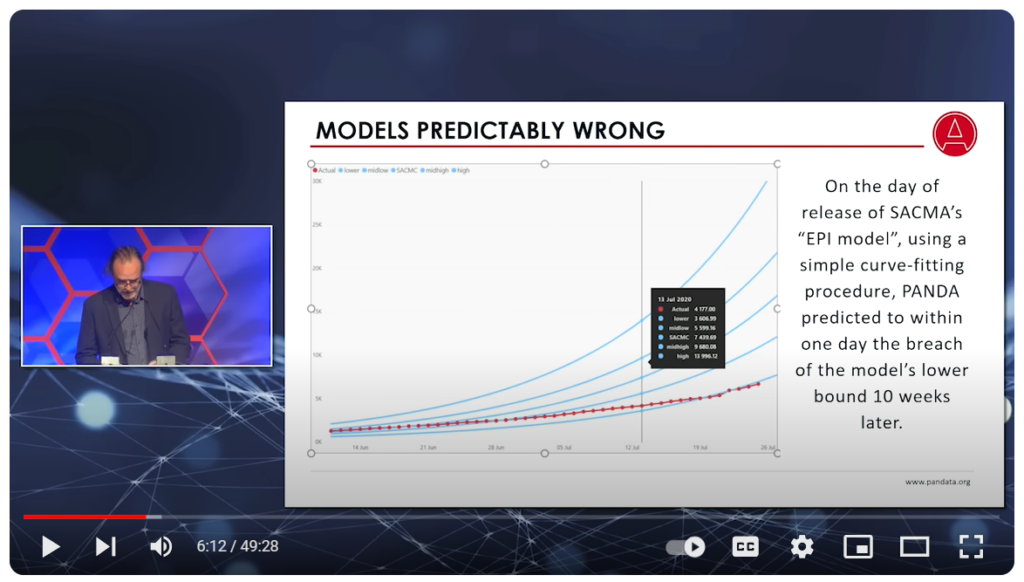Link: https://www.governing.com/finance/more-and-better-uses-ahead-for-governments-financial-data
Excerpt:
In its lame duck session last month, Congress tucked a sleeper section into its 4,000-page omnibus spending bill. The controversial Financial Data Transparency Act (FDTA) swiftly came out of nowhere to become federal law over the vocal but powerless objections of the state and local government finance community. Its impact on thousands of cities, counties and school districts will be a buzzy topic at conferences all this year and beyond. Meanwhile, software companies will be staking claims in a digital land rush.
The central idea behind the FDTA is that public-sector organizations’ financial data should be readily available for online search and standardized downloading, using common file formats. Think of it as “an http protocol for financial data” that enables an investor, analyst, taxpayer watchdog, constituent or journalist to quickly retrieve key financial information and compare it with other numbers using common data fields. Presently, online users of state and local government financial data must rely primarily on text documents, often in PDF format, that don’t lend themselves to convenient data analysis and comparisons. Financial statements are typically published long after the fiscal year’s end, and the widespread online availability of current and timely data is still a faraway concept.
…..
So far, so good. But the devil is in the details. The first question is just what kind of information will be required in this new system, and when. Most would agree that a complete download of every byte of data now formatted in voluminous governmental financial reports and their notes is overwhelming, unnecessary and burdensome. Thus, a far more incremental and focused approach is a wiser path. For starters, it may be helpful to keep the initial data requirements skeletal and focus initially on a dozen or more vital fiscal data points that are most important to financial statement users. Then, after that foundation is laid, the public finance industry can build out. Of course, this will require that regulators buy into a sensible implementation plan.
The debate over information content requirements should focus first on “decision-useful information.” Having served briefly two decades ago as a voting member of the Governmental Accounting Standards Board (GASB), contributing my professional background as a chartered financial analyst, I can attest that almost every one of their meetings included a board member reminding others that required financial statement information should be decision-useful. A key question, of course, is “useful to whom?”
Author(s): Girard Miller
Publication Date: 17 Jan 2023
Publication Site: Governing
